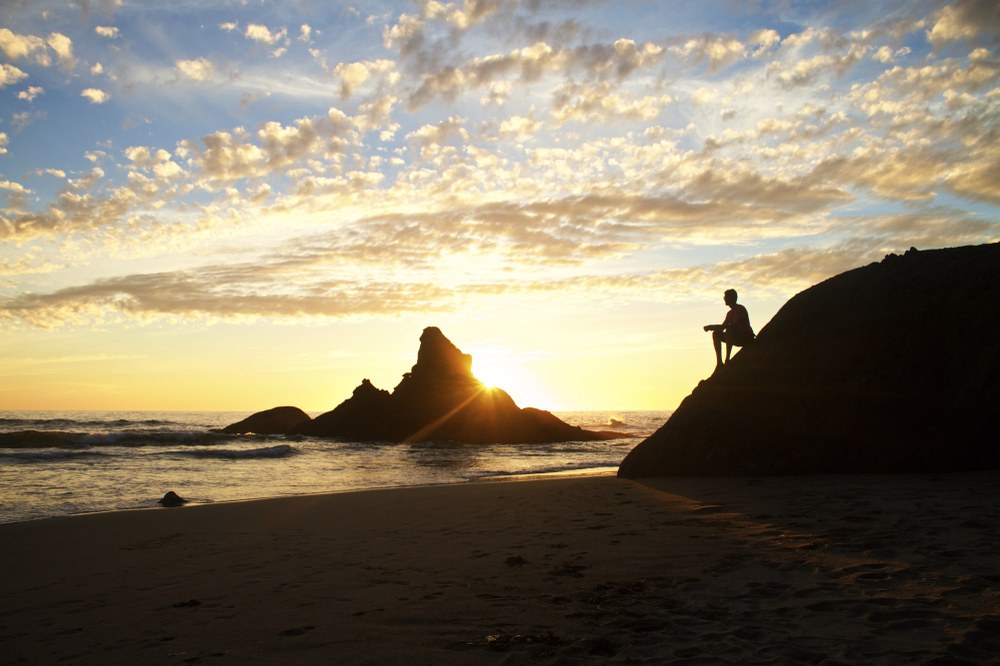
One of our Core Values is Community. We provide opportunities for all because we believe a diverse and inclusive outdoors inspires unity, respect, and passion for the places we love. To be true to this value, our commitment to treating one another respectfully must be iron-clad. When we do this consistently, day in and day out, we build the kind of culture where all people feel safe and can enjoy outdoor experiences to their fullest.
From my own experience, I sincerely believe we do this well at The Mountaineers most of the time. One of my mentors is fond of saying, "You don't have to be bad to be better." And I believe we can always strive for improvement. In the past year we've focused on establishing specific expectations around our processes for reporting bad behavior to foster a safe learning environment.
policy updates
In support of this commitment, the Board of Directors chartered a project last year to evaluate our policies and processes for standards of behavior. A graduate student at the UW Evans School of Public Policy, Lynsday Gordon, led this project with the support of staff and the Board of Directors' Governance Committee. The project recently concluded with the Board's approval of three new policies:
These new policies replace three policies previously in place:
- Harassment Policy
- Problem Behavior Policy
- Discrimination Policy
The new policies are more clear and comprehensive so that all participants in Mountaineers activities understand behaviors that are acceptable, expectations for how we should treat one another, and how we handle complaints of inappropriate behavior.
Our sincere hope is that these policies will reduce the likelihood inappropriate behavior will take place in Mountaineers activities. We also hope the Prohibited Behavior Investigation Policy will ensure that, in the rare instances of a behavior complaint, an investigation and related actions are handled swiftly and objectively. We take behavior complaints seriously and are committed to being empathetic, transparent, and fair to everyone involved. If you believe you've been the target of prohibited behavior, we sincerely want to hear from you - please use this online form to make a behavior complaint.
Edit Jan 18, 2020:
To assure this commitment is front and center, we created a #SafeOutside poster for our volunteers to print and have on display at events, in our program centers, and at our lodges. Access and download the file.
#SafeOutside
While the incidence of behavior complaints in Mountaineers activities is very low, we realize that might not tell the full story. Research suggests harassment or sexual assault is a problem in the climbing community.
While the incidence of behavior complaints in Mountaineers activities is very low, we realize that might not tell the full story. Research suggests harassment or sexual assault is a problem in the climbing community. A recent study published in Alpinist magazine concluded that 16% of men and 47% of women have had experiences that could be classified as sexual harassment or sexual assault while engaged in climbing or climbing related activities. This research sparked a grassroots movement called #SafeOutside designed to combat sexual harassment and sexual assault (SHSA). The Mountaineers is a partner organization of the #SafeOutside movement.
Our recent behavior policy updates were already in the works before the #SafeOutside movement, but our commitment to a safe, respectful culture won't end there. For example, in the coming year we will continue to incorporate SHSA topics into member communications and leader training to raise awareness and ensure our activities are safe and free from harassment of all types.
The Mountaineers has a long legacy of safe, responsible outdoor education. We have the opportunity to build on this strong reputation by including zero tolerance of SHSA in our definition of safety. As on organization we're committed to this goal. I hope every person in our community will individually make the same commitment to a safe, respectful culture.
Photo of Shi Shi Beach by Rafael Godoi.
Add a comment
Log in to add comments.Thank you for updating these important/critical topics into policy.
I'm glad the Board put in so much effort to establish direction on this important topic.
However, I'm concerned the new policies leave a gap that muddies the waters regarding who does what in the instance of a minor problem behavior.
Previously, if there was an instance of an individual exhibiting a minor behavior that affected the safety or enjoyment of other members at an activity (i.e. something much less egregious than harassment), the Mountaineers' "Problem Behavior" policy gave authorization for the Committee running the activity to handle it themselves - to directly interact with the individual, encourage them into more appropriate behavior, and if needed, to raise the issue higher with the Branch Chair (or higher). The policy was clear & straightforward.
With the new "Prohibited Behavior" policy, minor problem behavior appears to be lumped together with highly egregious offenses such as discrimination & sexual harassment. And at first glance it appears to say that regardless of whether the behavior is minor or major, the behavior is to be reported to Member Services such that an independent investigative committee can be formed.
Please help me understand the new policies. For example, if there is minor problem with a student not following instructions on a course field trip, is the Committee in charge of the field trip still permitted to handle it themselves? (Talk to the individual, encourage more appropriate behavior, including disciplining or placing restrictions on the individual if the behavior continues?) I would hope so, to avoid overloading Member Services and creating burdensome investigative committees.
Any clarification / education on the new policies would be appreciated. Thanks, BRIAN
 Tom Vogl
Tom Vogl